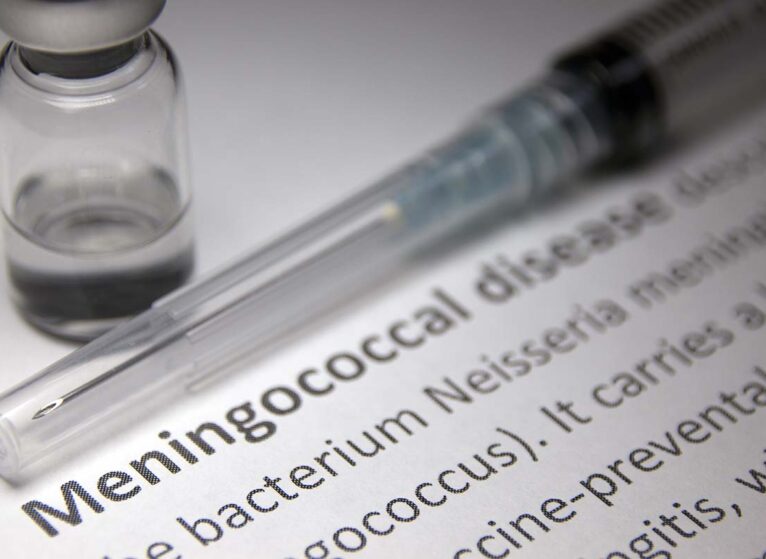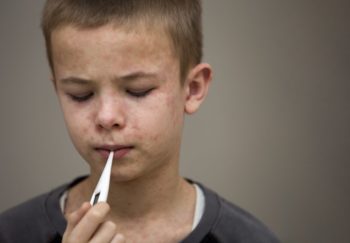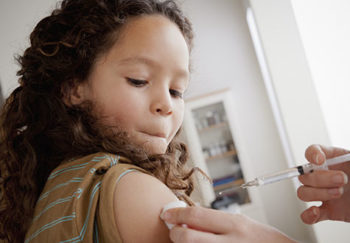If you follow local news, you may have seen headlines about the meningococcal disease outbreak in eastern Virginia. Even if you haven’t, you may want to sit up and take notice. 12 people have gotten it so far and 3 of them have died.
So how dangerous is this outbreak? Who’s at risk? What should you do? Keep reading for all these answers and more. Here’s everything you need to know about the meningococcal disease outbreak, from our infectious disease experts at UVA Health.
What Is Meningococcal Disease?
Meningococcal disease is a rare illness caused by a bacterium called Neisseria meningitidis.
This bacterium can live in your nose or throat without causing disease. But in rare cases, meningococcus bacteria can cause:
- Meningitis: An infection of a layer of cells lining your brain (meninges)
- Septicemia or sepsis: A bloodstream infection
- Both together
That’s what’s happening in this meningococcal disease outbreak.
You may have heard of meningitis before. There are several kinds of viruses and bacteria that can cause it, including this one.
Meningitis and sepsis are very serious and need immediate medical care. They can kill you or cause permanent brain or nerve damage.
How Dangerous Is the Outbreak in Eastern Virginia?
“A concern about this outbreak is that this strain (serogroup Y, clonal complex 174) has an unusually high mortality rate,” explains UVA Health infectious disease expert Costi Sifri, MD.
That means more of the people getting meningococcal disease are dying from it in this outbreak.
How's It Spreading & Who's at Risk?
The Virginia Department of Health (VDH) believes it’s spreading when you come into contact with someone who has the disease but doesn’t have symptoms. So far, those who have gotten sick or died have been Black adults ages 30-60 who live in Hampton Roads.
Worried About Your Risk? Or Need a Vaccine?
A UVA Health primary care provider can help.
“Spread beyond Hampton Roads is a concern,” Sifri says. “It’s also concerning that cases have been reported in that area since June, suggesting the presence of ongoing community transmission.”
Sifri explained that the Virginia Department of Health is trying to get the word out about the meningococcal disease outbreak to healthcare workers and the public, especially in eastern Virginia.
“That said, I don’t think people all over Virginia need to take extra precautions at this time,” he said.
How Can I Tell If I Have It?
If you get meningococcal disease and it turns into meningitis or sepsis, you should get medical care right away.
How can you tell if you have these serious illnesses instead of something less dangerous like a cold or the flu? Look for these 2 key signs:
- You get severely sick
- It comes on fast
Meningitis and sepsis “progress rapidly over the course of several hours,” Sifri explains. “Symptoms can start abruptly and accelerate quickly.”
Symptoms include:
- Fever
- Body aches
- General feeling of discomfort (malaise)
- Headache
- Stiff neck
- Sensitivity to light (photophobia)
- Nausea
- Vomiting
- Confusion
- Low blood pressure (hypotension)
- Rash (starts as small red pinpricks and turns into red or purple blotches)
If you get really sick really fast and have any of these symptoms, get treatment right away. People with meningitis can get a lot worse very quickly. How fast you get treatment can mean the difference between living or dying.
You might not get all or even most of these symptoms, so don’t wait.
How Do You Catch Meningococcal Disease?
The disease spreads through respiratory droplets. These are tiny drops of spit (saliva) that come from your nose and mouth. That means you can get it from “kissing, coughing, sneezing, or sharing cups, water bottles, eating utensils, and cigarettes,” according to the VDH.
To protect yourself, VDH recommends:
- Not sharing personal items like vapes, lipsticks, or toothbrushes
- Washing your hands
- Avoiding being around someone sick
Remember, you can get it from someone who has the bacteria but isn’t sick.
Who Should Get a Meningococcal Vaccine?
The MenACYW vaccine protects against 4 kinds of meningococcal bacteria — A, C, Y, and W135. Y is the kind causing this meningococcal disease outbreak.
MenACYW is part of the normal vaccine schedule for school-aged children. Kids should get this vaccine at 11-12 years old and a booster at 16 years old.
You should also talk to your doctor to make sure you’re up to date on MenACYW if you’re at high risk for meningococcal disease. You’re at high risk if you:
- Have HIV
- Don’t have a spleen or your spleen doesn’t work the way it should (asplenia)
- Take a complement inhibitor


